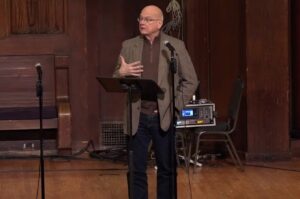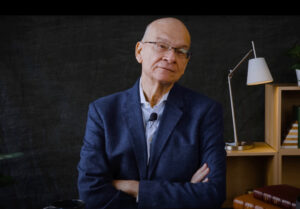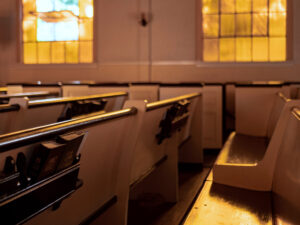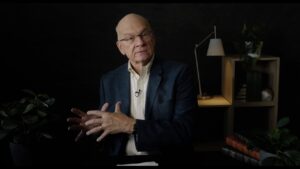There used to be social pressures to go to church and then there was a live and let live period. Now we’re moving into a period where there’s a social cost. And the more there’s a social cost, the fact is that more Christians are actually shutting up and being quiet about their faith with people around them.
These “small faults” mean that large swaths of the Christian population have little influence on others for Christ. This is true because, while our faults always seem small to us due to the natural self-justification of the heart, you can be sure they don’t look so small to others.
There are people who find the tenets of Christianity embarrassing or untenable—miracles, the virgin birth, the bodily resurrection of Jesus. In most cases they are religious people but who cannot affirm the Apostle’s Creed. They do, then, cherry pick their way through the New Testament to create a false gospel made up of their own unbiblical values.
The book of Job is the last episode filmed by Tim Keller for the “Discovering the Gospel in Every Book of the Bible” video series.
In light of scripture, and with the night of painful isolation all around, I want to argue that we need to reimagine three things: First, how we operate at church; second, how we conceive of family; and third, how we relate to singleness. The loneliness pandemic is severe. We Christians know the cure. And we are disobeying Jesus if we fail to administer it.
While this series was still being filmed, Dr. Keller completed a few additional episodes that will be released in the coming months. In this series Dr. Keller shows how each book of the Bible has threads of the gospel.
When I asked Tim to speak about the importance of porches in American culture, he said, “there are those who see that the forecourt provided by the culture has gone away and now the culture mainly creates hostility to Christianity.”
In this new video series Tim Keller looks at each book of the Bible and finds threads of the story of the gospel.
For almost twenty years after the end of WWII church attendance surged to its highest levels in history, and Christianity seemed to be thriving in the U.S. But it was in the last 15 years that what Kuyper foresaw and what Europe experienced seems to have begun here. Church attendance began to decline across the board, especially among younger people. And the cultural institutions began to take an overtly hostile and adversarial stance toward traditional Christian faith.
If you think of a jar of pebbles being shaken, the shaking unsettles the status quo. It creates space, at least for a time, until things settle again. Similarly, when we are shaken there’s a kind of metaphysical space, a shaking up of ideas and deeply-held desires. I think we are seeing this all around us in this cultural moment, post-pandemic, but also in the midst of the shaking of the other major cultural events we have experienced, people are reevaluating where they live, how they work, and their relationships.










